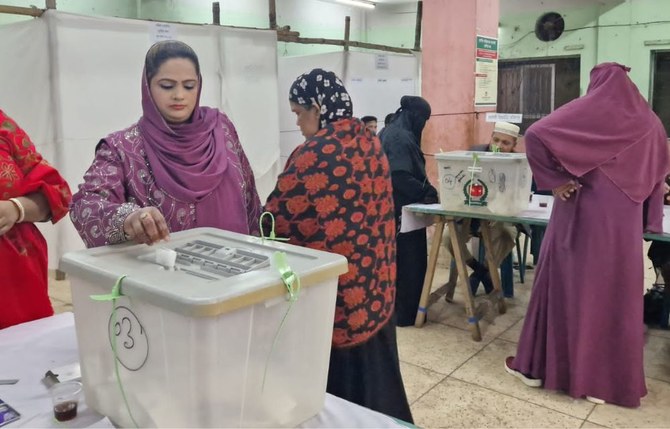
The low turnout in Sunday’s parliamentary elections represented a blow to the major political forces, which were counting on the proportional system adopted for the first time in Lebanon to encourage voters to rush to the polls.
The voter turnout dropped from 54 percent in 2009 to 49.2 percent this year, as announced by Interior Minister Nohad al-Mashnouq, who asked those, who did not participate in the elections to take responsibility rather than criticize the parliament in the future.
The voting percentage reached the highest levels in the second district of the North, namely in the area of Minieh-Dinniyeh-Tripoli, and the lowest in Beirut’s first district, where it did not exceed 31.5 percent.
President Michel Aoun, in a first address to Lebanese residents and expatriates on the eve of the first phase of parliamentary elections in Arab and western countries, stressed that the election is a “national duty, an act of existence” and “the only way to change the democratic system from within.”
After hearing about a surprising decline in the voting rate on Sunday, Aoun delivered another address a few hours before the closing of voting stations. He called on the Lebanese to exercise their right to vote, revealing that he was surprised by the weak turnout.
Although Aoun and most of the political forces believed that the new electoral law would be an incentive for the Lebanese to head to the ballot boxes, it turned out to be the main obstacle in the elections.
This was confirmed by former Justice Minister Ibrahim Najjar and researcher at International Information Mohammed Shamseddine.
In remarks to Asharq Al-Awsat, Najjar said: “The Lebanese are not accustomed to an electoral law based on partisanship and the absence of political discourse, which led to limiting the competition and the battle mainly between the candidates on the same list, and automatically reflected a decrease in the voting rate.”
Shamseddine agreed with Najjar that the election law was the main reason for the reluctance of more than half of the Lebanese people to vote.
“A large number of voters wanted to form their own lists as they did in previous elections on the basis of the majority system,” he said, adding that the commitment to a complete list, which is stipulated by the new law, and the single preferential vote were among the factors that influenced the turnout.












